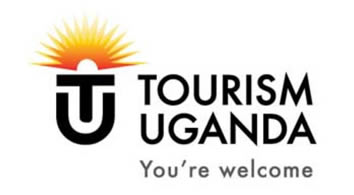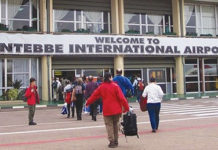In recent news, the tourism industry in Uganda has been thrown into uncertainty following a terror alert issued by the United Kingdom. The alert has left tour operators in a state of limbo, unsure of the impact it will have on their businesses and the future of tourism in the country.
On June 30th, 2023, the UK Foreign and Commonwealth Office (FCO) issued a travel advisory warning its citizens against all non-essential travel to Uganda. The alert cited a specific and credible threat of terrorism targeting popular tourist destinations, including national parks and wildlife reserves.
For tour operators in Uganda, this news came as a devastating blow. The country has long been known for its rich biodiversity, stunning landscapes, and incredible wildlife, attracting tourists from around the globe. The tourism industry is a vital source of income and employment for many Ugandans, supporting local communities and conservation efforts.
Tour operators play a crucial role in organizing and facilitating trips for tourists, offering a range of services such as transportation, accommodation, and guided tours. These operators invest significant time and resources in marketing Uganda as a safe and attractive destination. However, the terror alert has raised concerns about the safety of travelers and the viability of their businesses.
The immediate impact of the UK terror alert was a wave of cancellations from British tourists who had planned trips to Uganda. This sudden loss of bookings has left tour operators facing financial strain and uncertainty about the future. Many had made preparations and incurred costs based on expected tourist arrivals, including hiring staff, securing accommodations, and arranging transportation.
In addition to the financial implications, tour operators are also worried about the long-term damage to Uganda’s reputation as a safe and desirable travel destination. The UK terror alert has the potential to discourage tourists from other countries as well, leading to a significant decline in visitor numbers and revenue for the entire tourism sector.
The Ugandan government and tourism authorities have swiftly responded to the situation. They have intensified security measures at popular tourist sites, airports, and other entry points. They are working closely with international partners to investigate and address the potential threats.
Efforts are also underway to counteract the negative impact of the terror alert on the country’s image. Tourism boards and associations are collaborating to launch targeted marketing campaigns aimed at restoring confidence in Uganda as a safe destination. These campaigns emphasize the enhanced security measures in place and highlight the unique experiences and natural wonders that the country has to offer.
Tour operators, meanwhile, are adapting their strategies to mitigate the effects of the alert. Some have started targeting alternative markets and diversifying their offerings to attract domestic and regional tourists. They are also exploring partnerships with international tour operators who may still have clients interested in visiting Uganda despite the terror alert.
While the road ahead remains uncertain, tour operators in Uganda are resilient and determined to weather the storm. They are hopeful that with effective security measures, collaborative efforts, and strategic marketing, the country’s tourism industry will bounce back stronger than ever.
As the situation evolves, it is crucial for travelers to stay updated on the latest travel advisories and consult with reputable tour operators before making any travel plans to Uganda. Ultimately, the safety and security of tourists should remain the top priority, and it is essential for all stakeholders to work together to ensure a safe and enjoyable experience for visitors to Uganda






